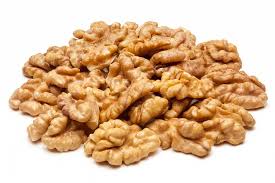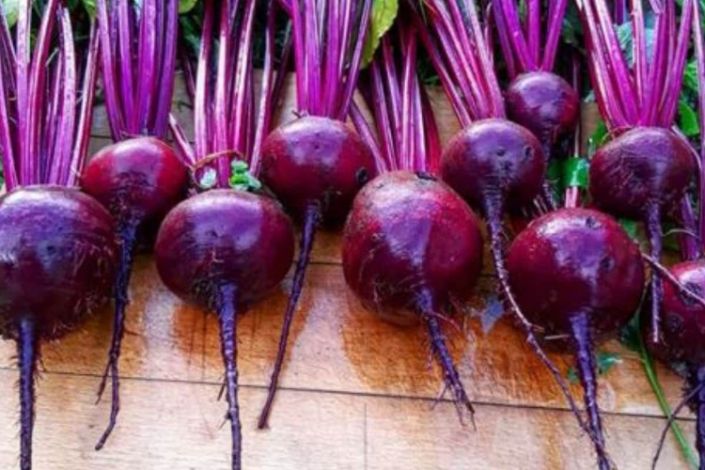This is the time to stock up on nourishing moisturizers, sunscreens and good quality heaters. But while you’re taking care of the exterior, don’t forget the interiors of your body.
The winter season can be quite harsh on your health. Naturally then, your immune system needs to be strengthened so that you can fight off everything from the seasonal flu and infections to the effects of cold winds from the inside out. Drinking plenty of warm fluids is definitely something you need to do and this means loading up on green tea, black tea, soups and broths. The inclusion of seasonal foods that are packed with essential nutrients is equally necessary. The following are seven winter foods you need to definitely add to your diet to give your immune system the boost it needs.
1. Bajra
While all whole grains are healthy and should be consumed all year round, bajra is one that you must include in your winter diet even if you don’t add the others. Bajra is a type of millet found abundantly in India during winters and it’s packed with dietary fiber, healthy fatty acids, plant proteins, vitamins, minerals and antioxidants. Bajra keeps your body warm, so cook up a storm with it this winter.
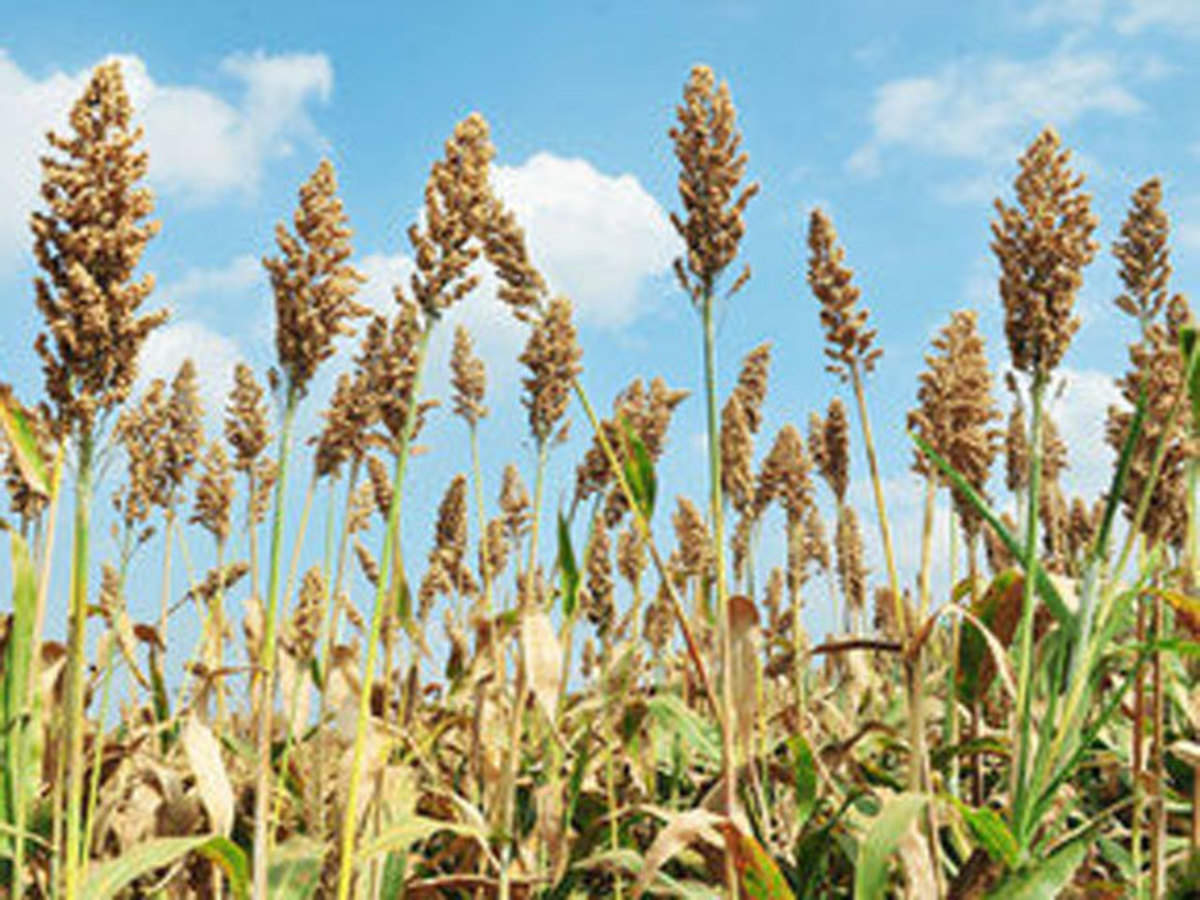
2. Beetroot
Beetroot is a root vegetable with a vibrant colour and sweetish taste. More importantly, it has high concentrations of dietary fiber, protein, natural sugar, vitamin C, vitamin B9, iron, potassium and manganese. Beetroot also has high levels of antioxidants like betanin, nitrates and vulgaxanthin.
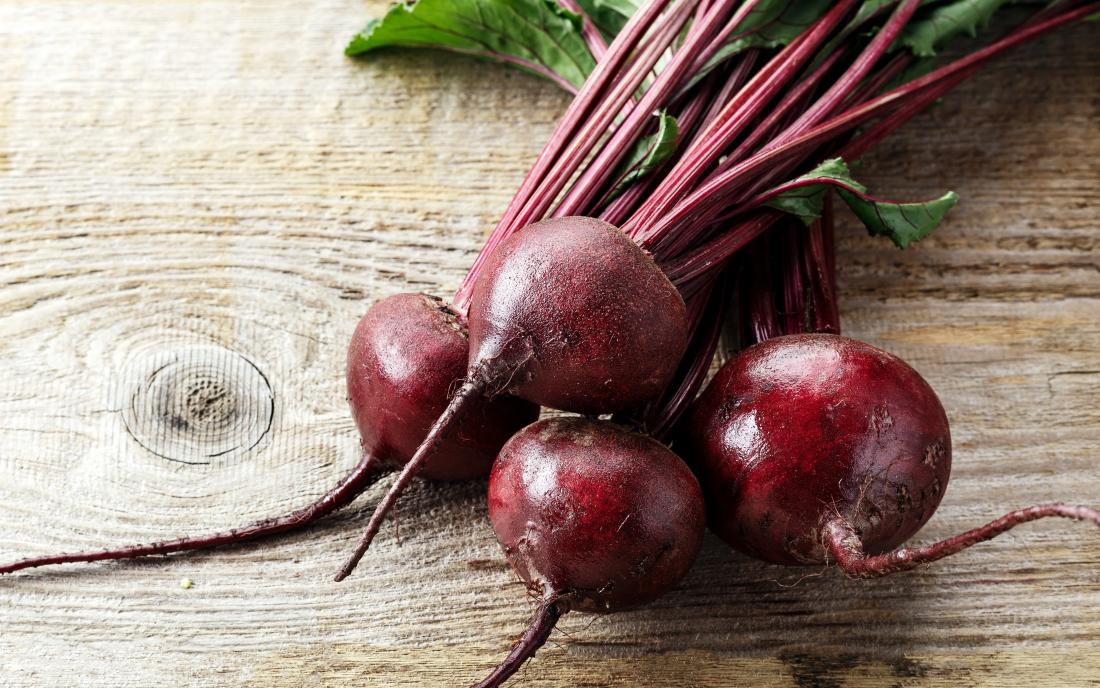
3. Bell peppers
Don’t just load up on green capsicums this winter but also get some red, yellow and orange bell peppers. You need the goodness of bell peppers because this vegetable from the chilli family is packed with vitamins A, E, C, B6 and K1. If that isn’t enough then consider the list of minerals and antioxidants bell peppers have - potassium, folate, fiber, capsanthin, lutein, quercetin and luteolin.
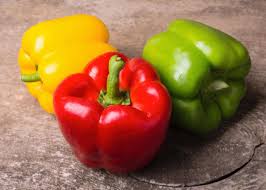
4. Broccoli
Cruciferous vegetables like broccoli and cauliflower are packed with fiber, plant proteins, vitamin C, vitamin K1, iron, potassium, manganese, carotenoids and quercetin. Eating plenty of broccoli can not only boost your immune system but also improve blood circulation and cholesterol levels. Just make sure you blanch the broccoli in boiling water for five minutes to kill all external microbes.
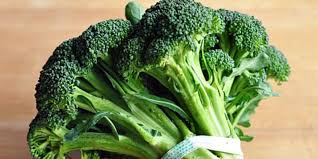
5. Ghee
Ghee is not just a delicious ingredient to put on top of your parathas. In fact, according to Ayurveda, ghee (ghrita) is considered to be one of the elixirs of life. Not only does eating ghee reduce inflammation but it also boosts digestion, memory and your immune system. Make sure you get good quality, unadulterated ghee to keep your health intact during this winter.
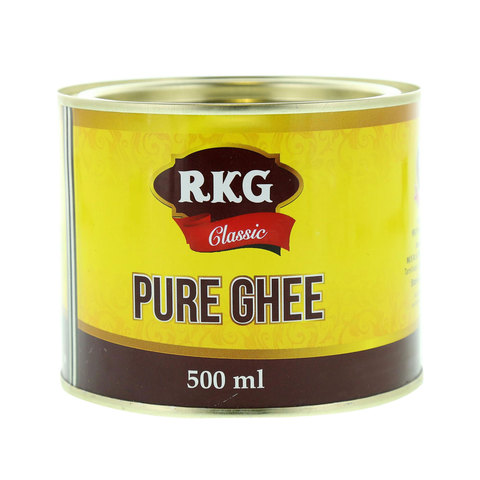
6. Sweet potatoes
Sweet potatoes come in season during autumn and stay around throughout the winter - but that’s not the only reason why you should eat this seasonal root veggie. Sweet potatoes contain plant proteins, carbs, fiber, pro-vitamin A, vitamin C, vitamin B5, vitamin B6 and vitamin E. They also contain minerals and antioxidants like potassium, manganese, beta-carotene and anthocyanins.

7. Walnuts
Walnut may be available all through the year but you need more of them during winters. This is because they’re packed with fatty acids like omega-6 and alpha-linolenic acid (ALA) which can help keep your body warm. Despite its small size, walnuts pack quite a punch of protein, vitamins E and B6, copper, phosphorus, manganese, catechin, phytic acid and melatonin.
